OFTEC Regulations And Requirements For Oil Tanks
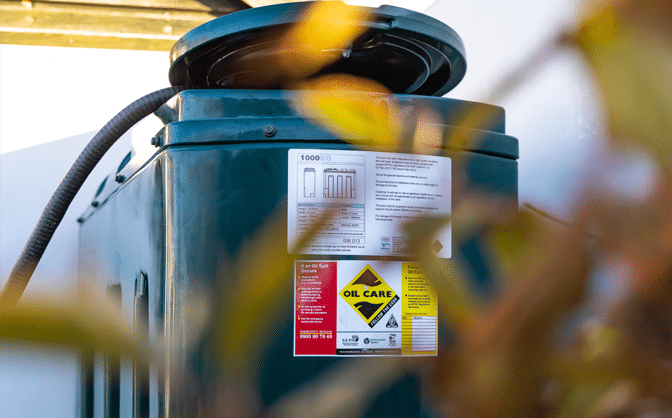
For domestic oil tanks there are particular regulations regarding the type of tank, its location, fuel storage and maintenance you need to follow. As the homeowner, you’re often responsible for your oil storage container too, and that these standards are met.
This article provides general guidance for fuel storage tanks with a capacity of up to 3,500 litres of heating oil, used for domestic properties only. Although OFTEC has set rules regarding the location of your oil tank, you do not need an OFTEC engineer to install or maintain your tank. Let us explain…
OFTEC stands for the Oil Firing Technical Association, they’re a trades body that acknowledges engineers who are approved to install, maintain and sign-off on heating equipment.


Regulations For Storing Heating Oil At Home
If you use heating oil to heat your home or fuel appliances, your fuel storage container must meet building regulations. These can differ for homes in England, Scotland, Wales and Ireland, so check with your local authority. There are also OFTEC regulations you need to follow for the location of your domestic oil tank.
Our article on the best location to store your oil tank can provide more information.
Who Can Legally Install A Domestic Oil Tank?
An experienced engineer who is registered with the ‘Competent Person scheme’ can safely install your domestic oil tank. This scheme means your engineer can self-certify that their work complies within the building regulations of your area as well as addressing any building control issues. This also saves you time and money obtaining a Building Control Notice and organising an inspection of your oil tank.
For more tank installation advice, read our article on oil tank installation regulations.
Do I Need To Be OFTEC Compliant?
Legally, OFTEC registration is not required to install or sign-off on your domestic oil tank. You can use an installer from the ‘Competent Person’ scheme who can also self-certify their work. Alternatively, you can hire a qualified heating engineer who will then need to notify your local building control department of any work they’re carrying out, as well as having their work signed-off by a Competent Person. Remember, it is also your responsibility to check these steps have been taken.
What If I Don’t Have An OFTEC Approved Oil Tank?
As long as your tank was installed and/or signed off by a Competent Person, you do not need to use an OFTEC engineer. Someone in the ‘Competent Person’ scheme is legally qualified to complete the necessary work to ensure your oil tank meets the right regulations and requirements. If there are any concerning issues, they’ll also recommend solutions or fix them for you.
Your heating engineer will also conduct a risk assessment of your tank and surrounding area. Making expert recommendations on the type of tank you need, where it should be located and general maintenance.
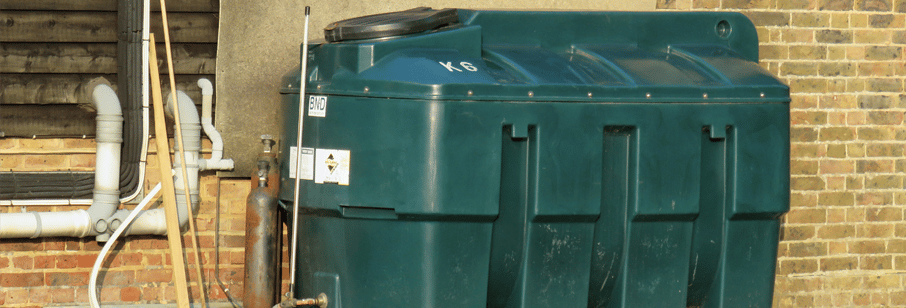
Our article on the best location to store your oil tank can provide more information.
Check With An Oil Tank Expert
If you’ve noticed your heating system isn’t performing as it should, or any issues with your tank and heating oil, please get in touch with our friendly team. We can make expert recommendations or find solutions to make sure your home remains cosy through winter.
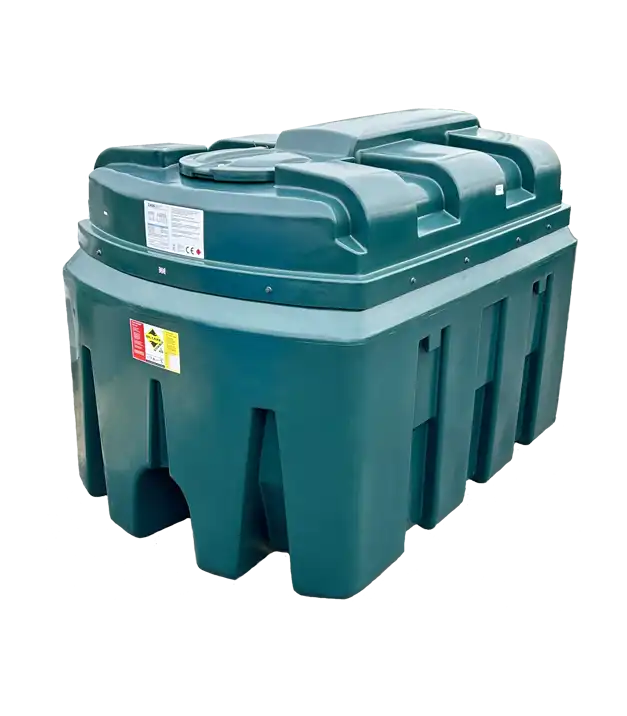
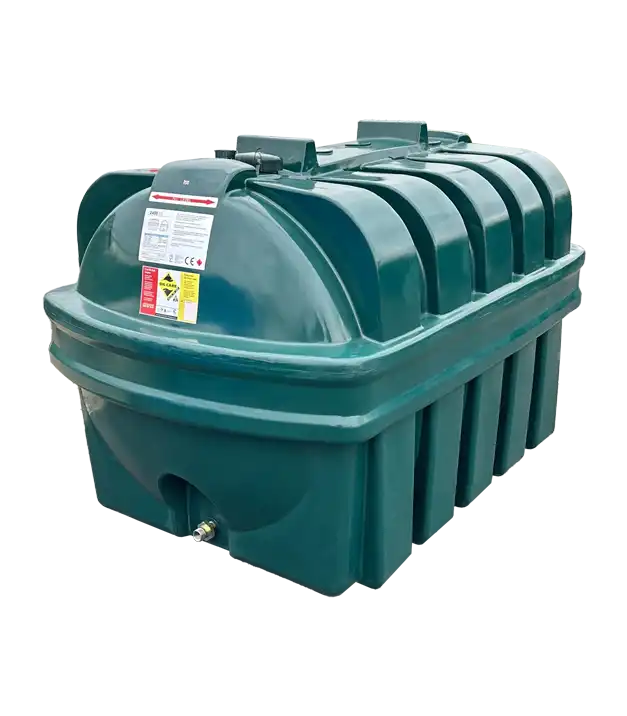

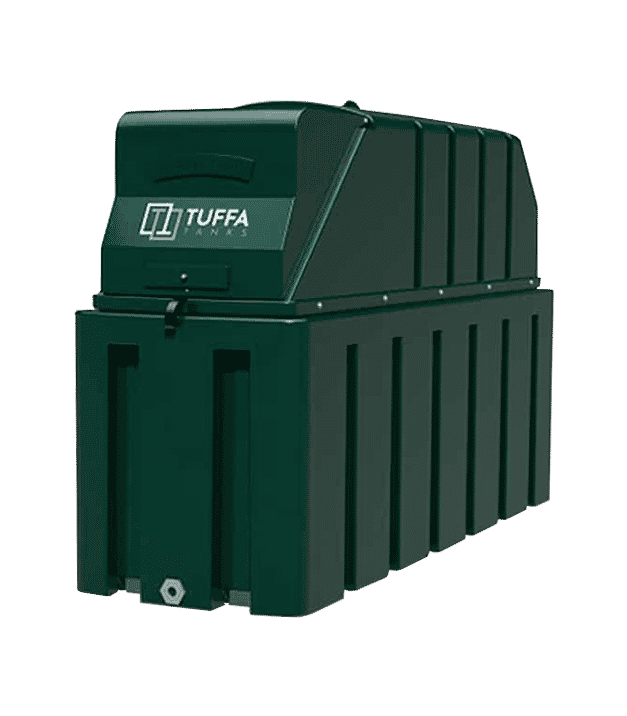
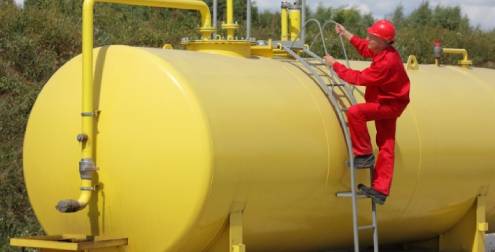
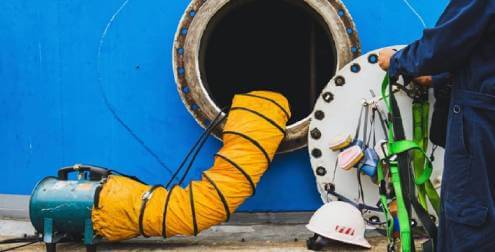
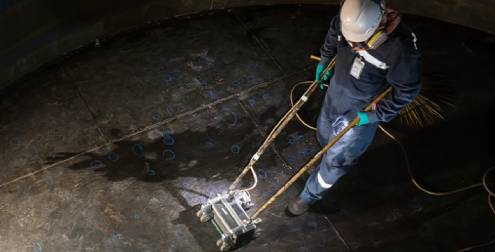
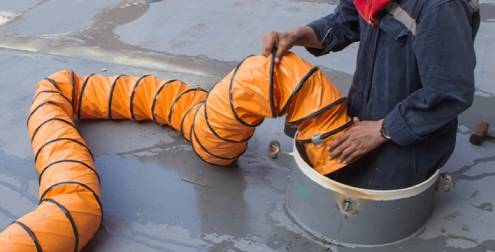
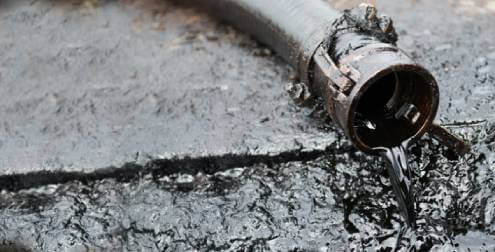
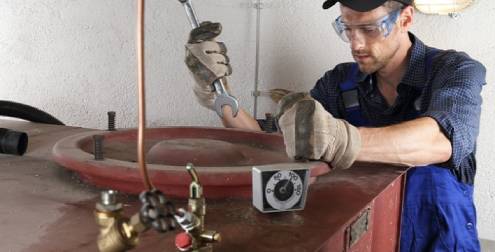

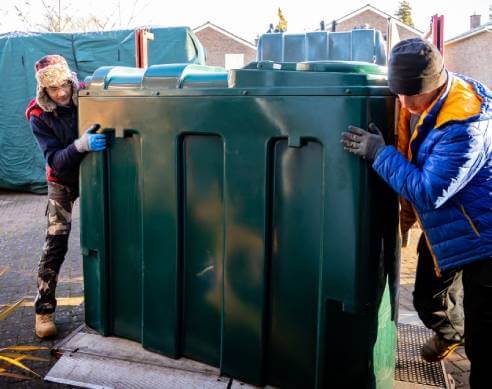
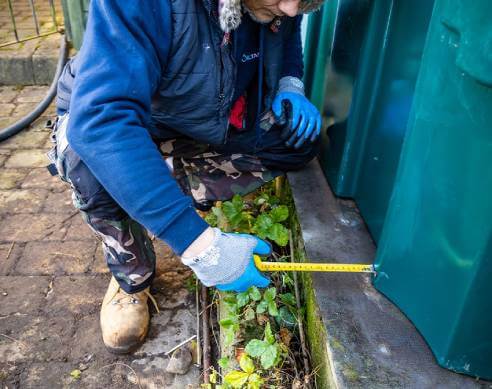



Share This: